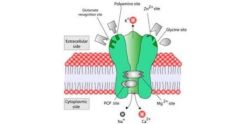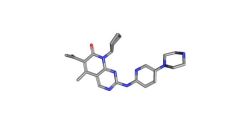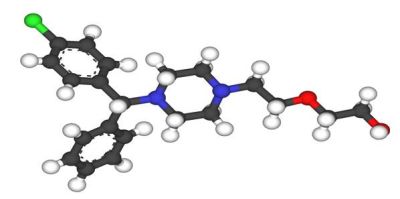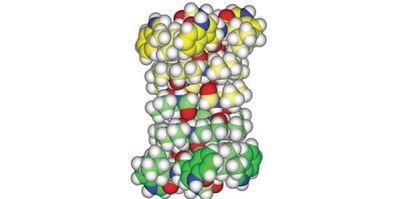Researchers at the University of Wolverhampton, Queen's University of Belfast and Athlone Institute of Technology in Ireland have found that using disulfiram in a vaginal ring could possibly reduce the side effects experienced by cervical cancer patients during treatment. The research has been published in the European Journal of Pharmaceutics and Biopharmaceutics.
The researchers have developed a vaginal ring that delivers disulfiram, an anti-alcohol drug, directly to the cervix in a controlled and sustained manner. The drug could potentially reduce the need for surgical intervention and could provide a novel therapy for women suffering from cervical cancer.
Globally, cervical cancer is the third most prevalent cancer in women. There are nearly 529,000 new cases diagnosed each year out of which 275,000 result in death.
The vaginal ring has been developed by Dr. Chris McConville, Senior Lecturer in Pharmaceutics at the University's School of Pharmacy. He said, "The location of the cervix allows for non-invasive localised delivery of chemotherapeutic drugs directly to the cervix. This allows for a lower dose to be delivered and reduces the side effects when compared to administration through the bloodstream."
Dr. McConville also points out that the new approach could not only be useful in fertility sparing treatment but could prove useful in the general treatment of cervical cancer. Currently, the treatment for cervical cancer includes a combination of surgery, chemotherapy and radiotherapy. Both chemotherapy and radiotherapy can result in significant side effects and can have a negative impact on the patient's quality of life during the course of treatment. The vaginal ring has the potential to reduce the size of late stage cancers to less than 2 cm. It also allows smaller cancer to be removed and reduces the risk of the cancer returning.
Dr McConville added: "One of the advantages of the Disulfiram vaginal ring is the fact that Disulfiram has been used in humans to treat alcohol dependency and therefore it is already known to be safe for humans to use. Also, the levels of Disulfiram needed to treat cervical cancer are much lower than those that are administered to treat alcohol dependency."
Vaginal rings are already in the market and have been used for contraception, HIV prevention and for hormone replacement therapy. While further tests are needed to test the effectiveness of this new vaginal ring, it holds promise. Funding is currently being sought to test it further.
Source: Medical News Today
Image Credit: Wikimedia Commons























